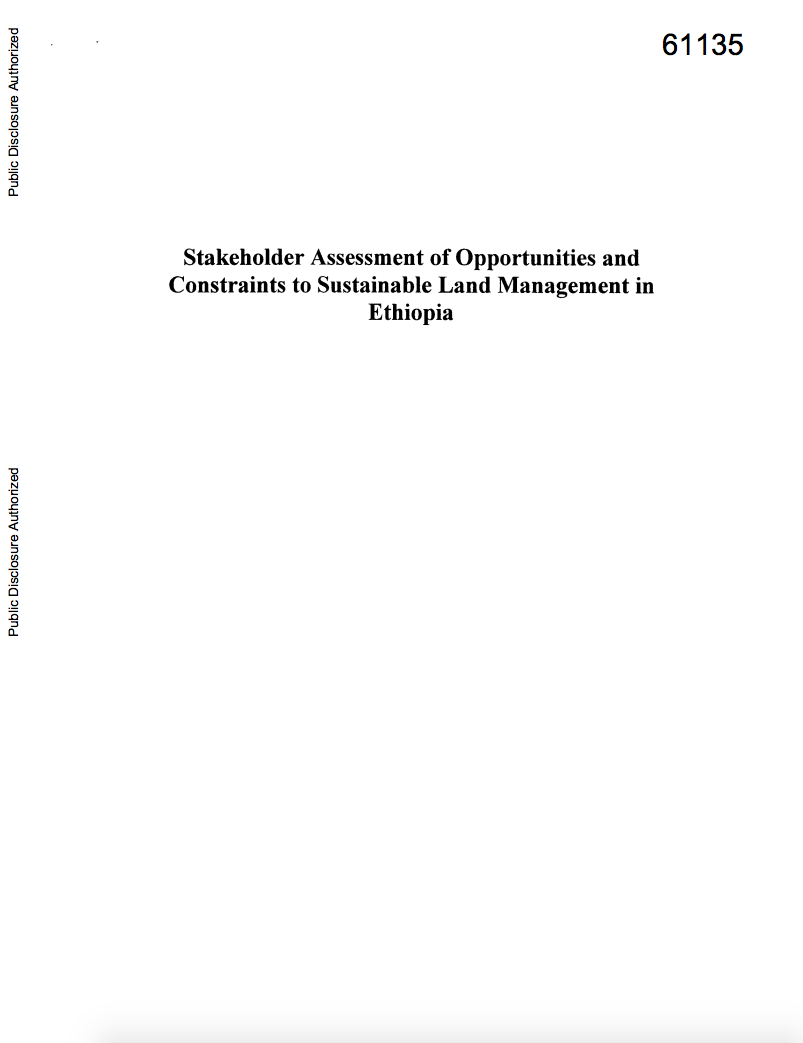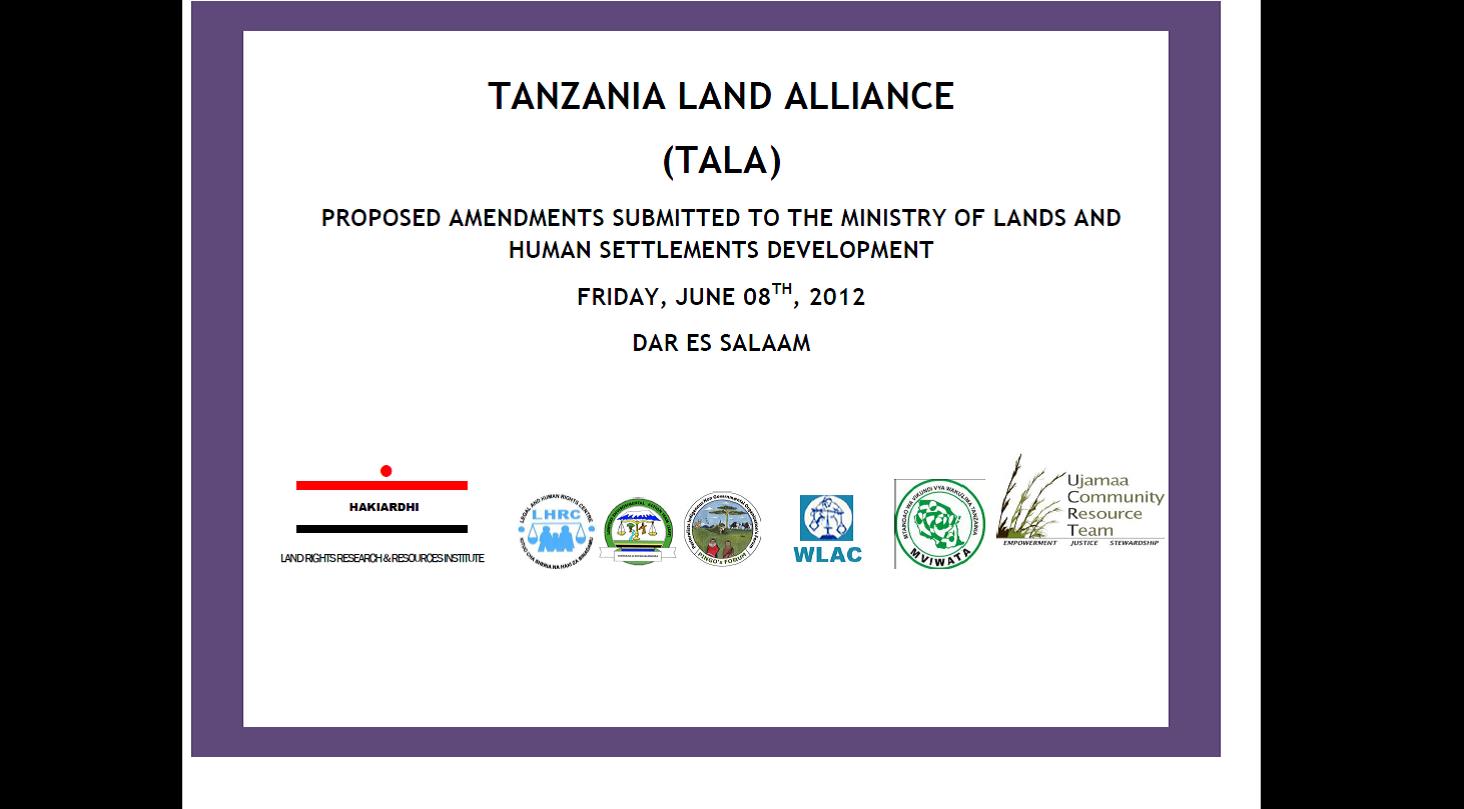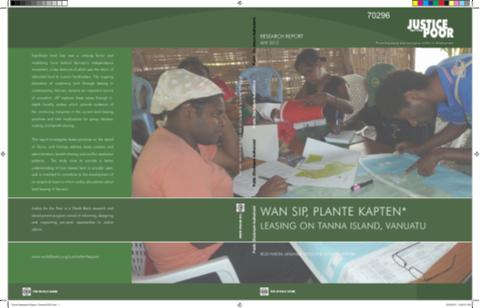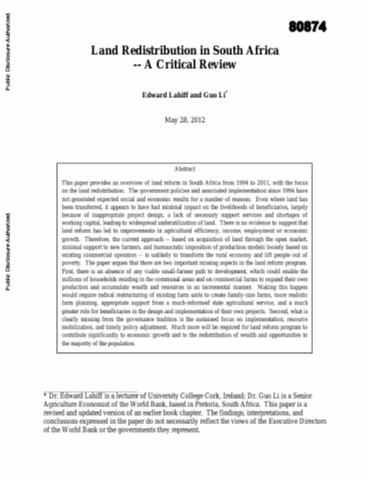The Dynamics of Vertical Coordination in Agrifood Chains in Eastern Europe and Centra Asia
A major problem in the Europe and
Central Asia (ECA) agricultural sector and rural areas
during the transition was the breakdown of the relationships
of farms with input suppliers and output markets. The
simultaneous privatization and restructuring of the farms
and of the up- and downstream companies in the agrifood
chain have caused major disruptions. The result is that many
farms and rural households face serious constraints in






